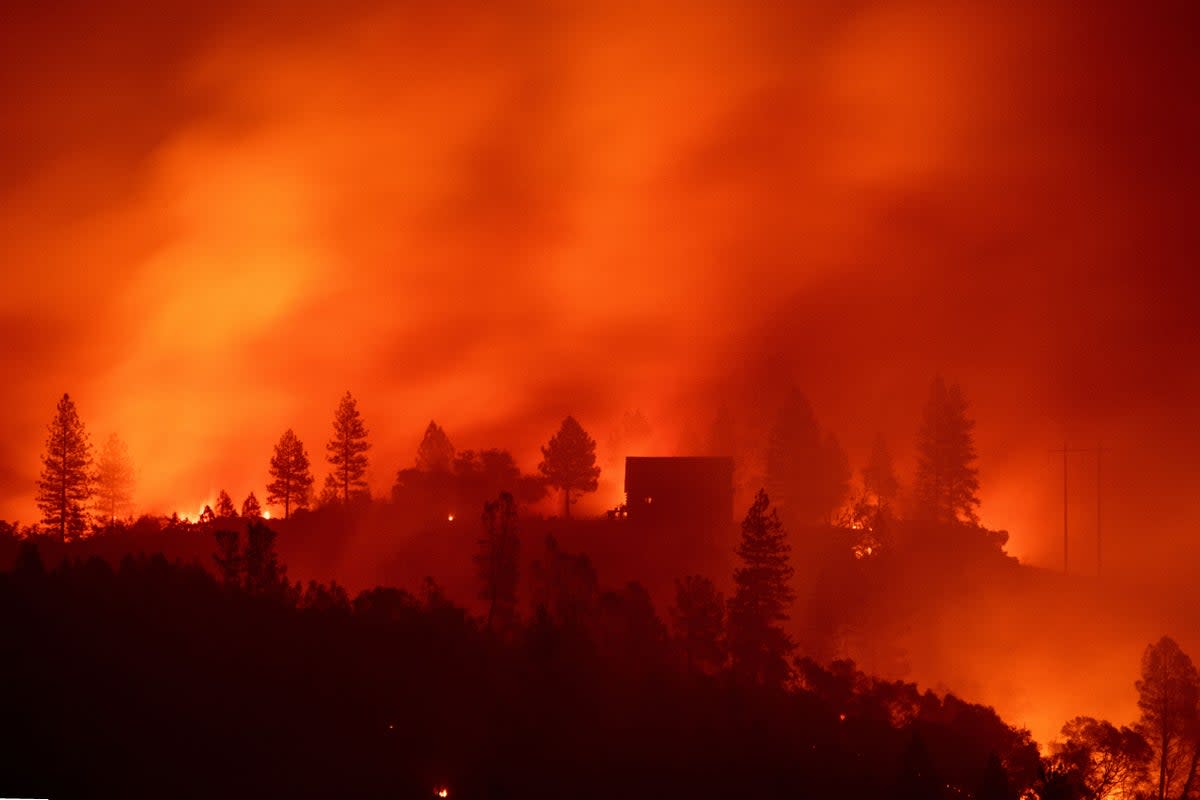Is the planet already hotter than we thought?

Our planet might be hotter than we thought and may have crossed the crucial 1.5 degrees Celsius mark a decade ago, new research claims.
Findings published in the scientific journal Nature on Monday say the Earth warmed up by about 1.7C, surpassing the Paris Agreement limit of 1.5C in 2010-2012, with global warming impact noted decades before the current baseline of 1900s.
Based on untapped data collected from skeletons of Caribbean sponges, researchers from the University of Western Australia are challenging the current timeline of global warming, drawing mixed reactions from other scientists.
The researchers collected skeletons of Caribbean sponges, which are believed to be storing vital information about the temperatures in the region for around 300 years.
Scientists studied these aquatic creatures to understand various changes in the climate during the 19th century better.
They found that the Earth’s oceans started warming from the 1860s, with clear emergence by the mid-1870s, around 80 years earlier than previous studies show.
Matching this data with temperature records from land and ocean collected later, researchers estimated that the Earth might have been 0.5C hotter than what we have believed so far.
“This half a per cent [increase] is a dramatically greater number than what we currently think the global mean temperatures are and it has a number of very significant outcomes,” said Dr Malcolm McCulloch, a professor of geo-biochemistry and the lead author of the paper.
The research also says the latter 2C limit, beyond which catastrophic impacts of climate crisis can be experienced, may get crossed by the end of this decade, and not by mid-century as UN’s top scientific panel anticipated.
“The big picture is that the global warming clock for emission reductions to minimise the risk of dangerous climate change has been brought forward by at least a decade,” Dr McCulloch told journalists in a press briefing.
“This is more urgent because we’re going to experience more serious impacts from global warming sooner than we might have anticipated.”
The researchers said their study filled a gap in scientific knowledge about ocean temperatures in the late 19th century before the existence of accurate temperature records. Therefore, changing the baseline year from which global warming should be measured.
But the challenge posed to the timeline of global warming has received some scepticism from scientists. Scientists said research is needed to understand the sponges and climate records are needed from more locations.
“The importance of this paper is that it makes us ask the question: what if the planet has already warmed more than we thought?” said Professor Kate Hendry, a marine biogeochemist at the British Antarctic Survey.
Other experts have been more critical of the reliance on data from a specific region and argue that it may not be representative of global temperatures.
Dr Gavin Schmidt, head of Nasa’s Goddard Institute for Space Studies, said people should be “careful in assuming that proxies from one part of the Atlantic are always reflective of the global mean” temperatures.
“There is a real uncertainty in what the mid-19th Century temperatures were compared to the modern period,” he added. “That complicates our ability to make definitive statements about the crossing of the 1.5C level.”
However, while the authors of the study acknowledged the limitations, they say the relationship between sponges and global ocean temperatures are robust.
“From a big global oceanographic viewpoint, the oceans are connected. They’re not disconnected entities,” explained Dr McCulloch.
“There’s no place on land that can mimic global or every land temperatures in the way you can on the ocean because the land is just too heterogeneous,” Dr McCulloch explained.
Dr Yadvinder Malhi FRS, professor of ecosystem science at University of Oxford, said that while the paper showed ocean warming in the Caribbean region began in 1860s, “it is unlikely that warming of 0.5C in the 1800s is human caused.”
He pointed out that before 1900, humans had only released 2.5 per cent of the carbon emissions we have in the atmosphere.
“This is unlikely to have caused substantial warming compared to the 1.4C of warming caused by the remaining 97.5 per cent of cumulative emissions.”
Responding to the questions from journalists, Dr McCulloch said: “We already know very well that atmospheric CO2 was already up by about 5 to 10 PPM (parts per million) during this period.”
“So, it’s not at all surprising that there’s been warming in the second part of the 1800s.”
He added that the findings also explained the “unusual” warming of land in this period, when oceans, the heat sinks of the planet, should be getting warm first.
So, their findings, that oceans were warmer in the late 19th century before the land got warmer in the 20th century, make it “more consistent” with the records.
However, Dr Daniela Schmidt, professor of earth sciences at the University of Bristol, said while knowing about temperature history is important, the focus of the discussion should be on action to prevent further heat.
“While the Paris Agreement strongly focused on 1.5C, we know that impacts increase with every increment of warming. Missing a target should not say we lose all hope but what we need to increase our efforts.”


